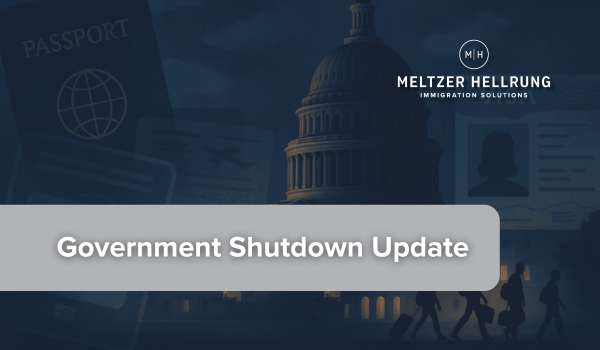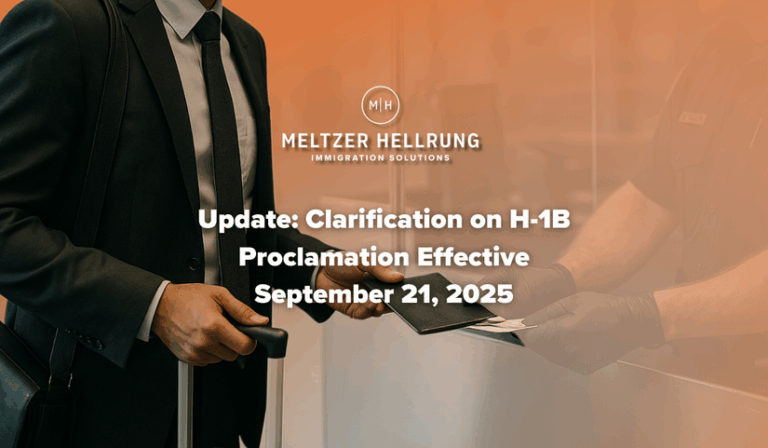The Issue
The U.S. State Department recently revised its reciprocity schedule for over fifty countries to reduce either the period of validity of certain nonimmigrant visas or number of entries for which each visa may be used. Many visas, including the B, F, H, J and O categories, have been limited to a validity period of three months and may only be used for a single entry.
A Deeper Dive
Consular officers use the reciprocity schedule to determine both the length of a particular nonimmigrant visa and the number of entries to the U.S. for which it may be used. As its name suggests, the reciprocity schedule has traditionally been based on the visa eligibility standards applied to U.S. citizens when applying for a visa to that country. The recent changes to the reciprocity schedule appear to have occurred over the past several weeks without any formal announcement by the State Department.
The changes, which were recently implemented, are thoroughly reviewed and documented in a recent memo from NAFSA, the international Association of Educators.
It is important to note that visas issued prior to the reciprocity change should not be affected and should be valid for the same period and number of entries as when the visa was issued.
What This Means for Employer and Employees
Before an employee who needs to obtain a new visa leaves the U.S., they should carefully review the reciprocity schedule for their country to confirm whether there have been any changes to either the permissible duration or number of entries. Because these changes are apparently happening without notice, employees applying for a visa in one of the listed nonimmigrant visa categories will need to monitor the information listed in the reciprocity schedule frequently.
Because of these changes, employers may also need to reconsider how business travel is scheduled as it may no longer be possible for certain employees to make multiple trips over a brief period of time. It is likely that it will become more difficult for nationals affected by the reciprocity schedule changes to make an appoint for new visas, as appointment backlogs increase in their home country and options for processing at third countries may become more limited. Finally, employees traveling on business who have been issued a single-entry visa may need to organize and consolidate multiple meetings on one trip.
Please contact your Meltzer Hellrung attorney if you have questions about how the changes to the reciprocity schedule affect your foreign national employees.


